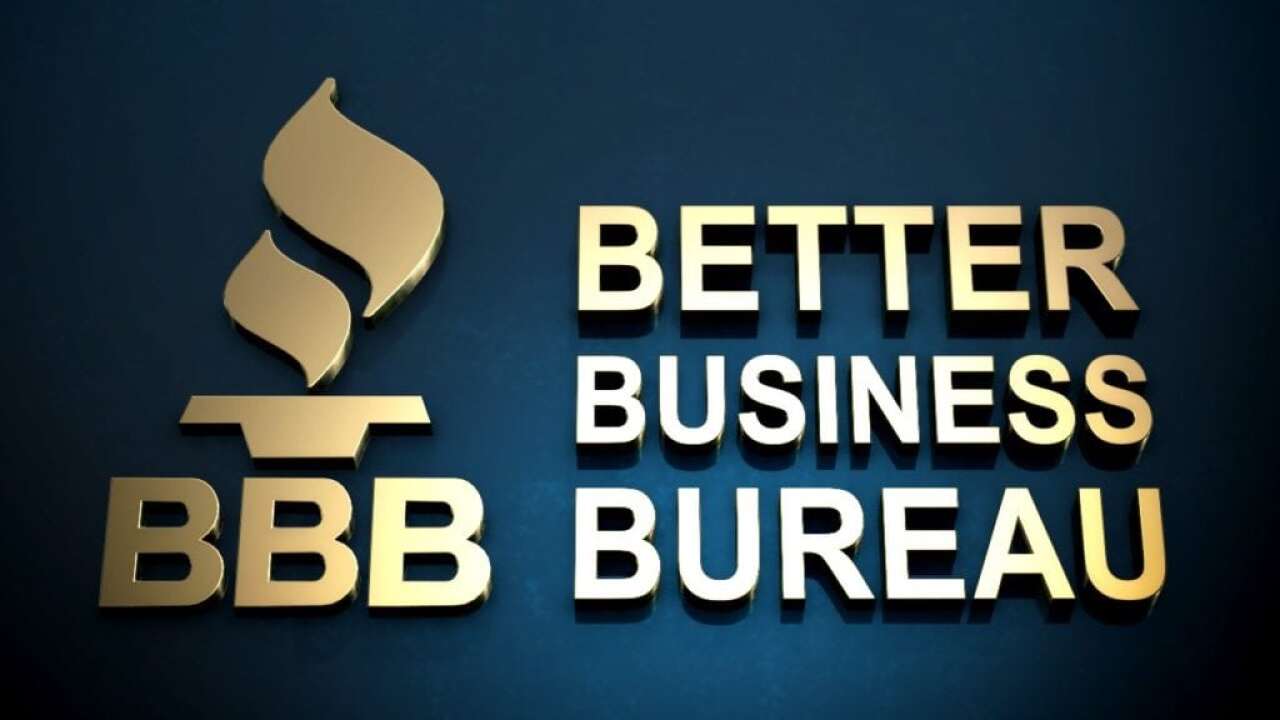CORPUS CHRISTI, Texas — The ability to purchase goods and services over the Internet has permanently changed how industries conduct business, especially after the disruption caused by the COVID-19 pandemic. As more people look to shy away from in-person transactions, doing business online removes much of the stress associated with in-person purchases of expensive items, such as automobiles.
Katie Galan with the Better Business Bureau says, there are benefits to purchasing a car online but buyers need to beware.
"Interacting with an online marketplace does come with inherent risks, especially when dealing with a private seller. The BBB Scam Tracker receives multiple reports of misrepresentation or fraudulent car purchasing scams every year."
Galan says one customer found out the hard way how scammers work, "After contacting a seller for a classic car online, one Texas resident reported that the seller was on an oil rig in the Gulf and could buy the car through a shipping company. The car was being stored in Washington State and all they had to do is send $12,000 to them. The car was priced way under market value, which was the first red flag. There was also no phone number associated with the shipping company. That customer walked away from the deal but not everyone is as lucky."
Galan says if you're considering buying a car online, BBB recommends the following tips to help you avoid getting scammed and get the best deal possible:
Set a budget. Before you set out to find the perfect car, it is important to establish a budget. You will also want to factor in monthly expenses that come with owning a vehicle, including insurance payments, fuel, parking, and routine maintenance and repairs. A clearly defined budget will make choosing a vehicle, negotiating with a dealer, and getting a loan much easier.
Do thorough research. Once you have narrowed your search, compare models you are interested in keeping a close eye on safety ratings, owner reviews, and warranties. Visit manufacturer websites to see detailed images of each car and research MPG statistics, interior options, cargo space, towing capacity, and more. The additional time you spend on these initial steps, the more comfortable you will feel when making a purchase.
Shop for a deal. These may include cash-back deals, rebates, low-interest financing options, or incentives for recent graduates, military veterans, Uber and Lyft drivers, or first responders. In addition, many dealers are willing to make price cuts on previous year models or any model that did not sell as well as expected. Purchasing one of these surplus vehicles can mean extra incentives from the dealer.
Speak with internet sales managers. When you find a car you are interested in, it is time to get in touch with an internet sales manager. During your initial conversations, focus on what car you want, whether they have it stock or can get it, and how much they will sell it for. If you are considering purchasing a certified pre-owned vehicle, now is the time to ask for a copy of the vehicle history report.
Test drive the vehicle. You should always take a test drive before you sign the final paperwork. There is no substitute for seeing a car in person, looking under the hood, sitting in the driver’s seat, and making sure the engine runs smoothly. To do so, you may need to travel to the dealer’s place of business. Some dealers offer the ability to test drive upon delivery, and if anything isn’t as expected, you may cancel the sale. Take the route that works best for you, but never skip the test drive.
Complete the sale at the dealer or upon delivery. It is still usually necessary to sign the final paperwork in person. If you would rather avoid visiting the dealership, ask about delivery. Some dealers will drop off the car at your home or place of business and allow you to sign upon delivery.
Avoid online car sales scams
There are plenty of pros to buying a car online, but caution is needed as well. Galan says, to keep the following tips in mind:
- Watch out for too good to be true deals. They are most likely a scam. Scammers often steal consumer's personal information and money by offering them high-value goods at highly discounted prices.
- Never wire funds or complete bank-to-bank transactions. Scammers love this kind of transaction because there is no way to get your money back once completed. Instead, make legitimate purchases by check or credit card.
- Contact the seller by phone. At some point during your negotiations, speak with the sales manager on the phone. If they are unusually vague about specific details of the sale or cannot confirm their location or the vehicle location, it’s most likely a scam.
- See the car first. Never buy a car without making an in-person inspection and taking a test drive first.
- Don’t give in to pressure. Scammers often try to pressure you to give up your personal information or make a down payment before you have time to think about the purchase. Take your time and consider a deal over before agreeing to anything.
- Don’t trust a seller or buyer who says that eBay, PayPal, Craigslist, or another online marketplace guarantee the transaction. These sites explicitly explain they cannot guarantee that people using their services are legitimate.
To learn more BBB tips on buying a new car and buying a used car, log onto BBB.org.



